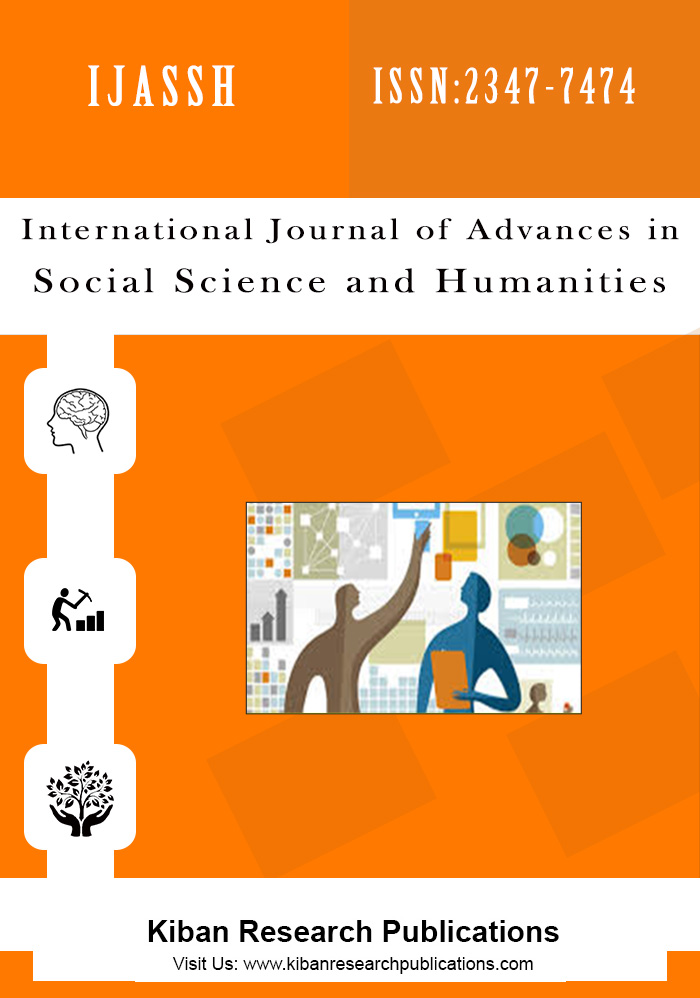Religion in a Context of Transformation, The Case of Jarê in Brazil
Abstract
Starting out from the assumption that there is a dimension of indetermination and unpredictability in every human action, the present paper analyses the dynamics of transformation within the Jarê, a traditional Afro-Brazilian religion in the interior of the Northeastern state of Bahia. Based on research carried out in NovaRedenção, located in the upper Paraguaçu Valley, the paper examines the relation between the main structure of the cult and the practices of its leaders (curadores). Jarê leaders do not undergo a special period of initiation and training and are not holders of a formal or secret body of knowledge. Rather, their knowledge is situational, developed through practice and sensitivity to context. In this sense, one can say that both their formation and their daily practice are characterized by a marked fluidity. Or in other words, they must be understood as open processes that involve a creative appropriation of relations, events and transformations that occur in the wider environment. This feature of the leadership is particularly important in a society – such as that of the interior of Bahia – where socio-political transformations and changes in the religious field have been highly significant.
Keywords: Afro-Brazilian religion, Folk healers, Jarê, Practice, Social action.




